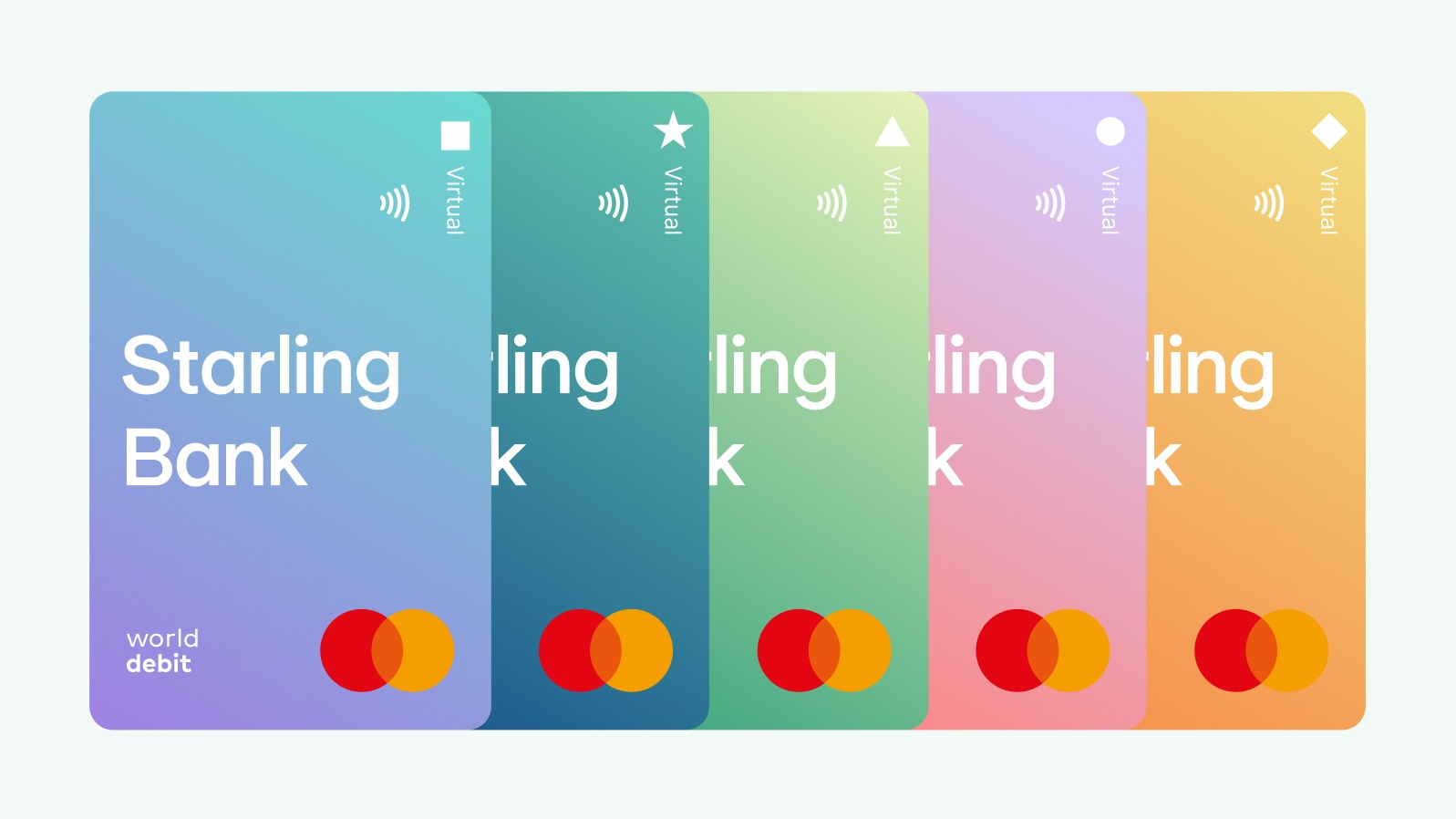Social media giant Meta has announced an expansion of its fraud prevention programme in partnership with UK banks, enabling direct intelligence sharing to protect users against online scams.
The company's Fraud Intelligence Reciprocal Exchange (FIRE) programme will initially work with NatWest and Metro Bank, with more financial institutions expected to join in the coming months. The partnership has already demonstrated success, with approximately 20,000 fraudulent accounts removed following the identification of a concert ticket scam targeting people in the UK and US.
Nathaniel Gleicher, global head of counter-fraud at Meta, said: "This work has already seen us take action against thousands of accounts run by scammers, indicating the importance of banks and platforms working together to tackle this societal issue. We will only beat these criminals if we work together and share relevant information related to scams."
The collaboration has received strong support from law enforcement and banking leaders. David Lindberg, chief executive officer of retail banking at NatWest, emphasised the importance of early intervention: "Spotting and stopping fraudsters before they are able to target customers is the best way to address this growing problem. Partnering with Meta is an important step in tackling the epidemic of fraud."
Metro Bank's chief operating officer, Faisal Hussain, highlighted the need for industry-wide cooperation: "Scams are an industry-wide problem which require industry-wide solutions. We've been inspired by our work with Meta as an example of how we can all work together to protect consumers from faceless online fraudsters."
The initiative has also received backing from law enforcement. Adrian Searle, director of the National Economic Crime Centre, welcomed the expansion, noting it demonstrates "a willingness to help tackle the scourge of online fraud, by bringing together data from across the bank and technology sectors."
The programme builds on Meta's commitments under the Online Fraud Charter established in 2023, where leading tech companies agreed to help reduce fraud and financial exploitation on their platforms. The company has created an Anti-Scam hub where users can learn about the latest scams and get tips on how to avoid them.
Latest News
-
Gemini to cut quarter of workforce and exit UK, EU and Australia as crypto slump forces retrenchment
-
Bank ABC’s mobile-only ila bank migrates to core banking platform
-
Visa launches platform to accelerate small business growth in US
-
NatWest to expand Accelerator programme to 50,000 members in 2026
-
BBVA joins European stablecoin coalition
-
eToro partners with Amundi to launch equity portfolio with exposure to ‘megatrends’
Creating value together: Strategic partnerships in the age of GCCs
As Global Capability Centres reshape the financial services landscape, one question stands out: how do leading banks balance in-house innovation with strategic partnerships to drive real transformation?
Data trust in the AI era: Building customer confidence through responsible banking
In the second episode of FStech’s three-part video podcast series sponsored by HCLTech, Sudip Lahiri, Executive Vice President & Head of Financial Services for Europe & UKI at HCLTech examines the critical relationship between data trust, transparency, and responsible AI implementation in financial services.
Banking's GenAI evolution: Beyond the hype, building the future
In the first episode of a three-part video podcast series sponsored by HCLTech, Sudip Lahiri, Executive Vice President & Head of Financial Services for Europe & UKI at HCLTech explores how financial institutions can navigate the transformative potential of Generative AI while building lasting foundations for innovation.
Beyond compliance: Building unshakeable operational resilience in financial services
In today's rapidly evolving financial landscape, operational resilience has become a critical focus for institutions worldwide. As regulatory requirements grow more complex and cyber threats, particularly ransomware, become increasingly sophisticated, financial services providers must adapt and strengthen their defences. The intersection of compliance, technology, and security presents both challenges and opportunities.
© 2019 Perspective Publishing Privacy & Cookies













Recent Stories